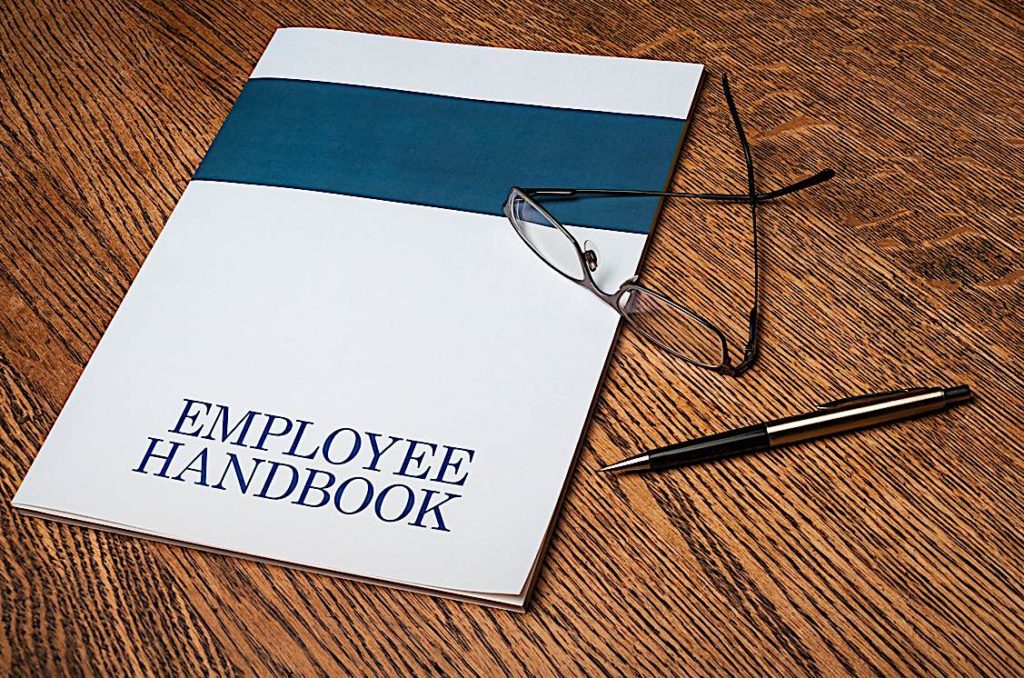
Survey of employers in Canada: salaries to rise 2.6 per cent average in 2019, consistent with current rate of inflation; employee turnover the top concern
Employers remain confident compensation will average an increase of 2.6 per cent in 2019, in line with the expected rate of inflation of 2.5 per cent. Ontario and Quebec expect increases of 2.6 per cent and 2.5 per cent; with the highest increase expected in British Columbia and Alberta, at 2.8 per cent and 2.7 per cent.
The survey, titled Trends in Human Resources [1] also indicated some industry-specific higher-than-average increases expected in 2019:
- 3.8 per cent for scientific and technical services
- 3 per cent for education services
- 2.8 per cent for public administration
- 2.7 per cent for sectors such as finance, insurance, manufacturing and retail trade.
“Employers remain relatively confident about compensation expectations in the coming year,” said Anand Parsan, vice president, compensation consulting. “Those expecting healthier financial performance in the coming year outpace those expecting worse performance by six to one. In the face of this optimism and a labour market with no slack, however, employers remain guarded about salary increases, perhaps reflecting anxiety over the possibility of more trade protectionism, rising interest rates and a Canadian economy operating close to its capacity.”
HR Managers: employee turnover is the top concern
The majority of HR leaders polled in the survey placed employee retention and loyalty at the top of their list of concerns for 2019. The top priorities they cited:
- 67 per cent indicated the improving employee engagement was a top priority
- 59 per cent identified “attracting and retaining employees with the right skills”
- 48 per cent highlighted employee’s “mental health as a top concern
- 47 per cent cited physical health and wellness as important
With the focus on turnover, rising issues such as cannabis legalisation and #MeToo — and the need for revised employee guidelines — and the emphasis on retention, a dedicated Payroll and HR resource is critical to managing these issues. Many companies are outsourcing Payroll Management and HR Management. [If you have questions about outsourced Payroll Management Services, please ask us on the form at the bottom of this feature.]
Emerging issues: cannabis and #MeToo
HR Managers remain very focused on emerging topics such as the legalisation of marijuana and its management in the workplace. 52 per cent of HR leaders indicated they plan to update substance abuse policies to manage cannabis in the workplace at some point over the next 12 to 18 months. When looking at effective training among managers, HR leaders’ views are divided. Close to half (48 per cent) of respondents said that training managers to manage cannabis in the workplace is planned to take place in their organisation over the next 12 to 18 months. However, 45 per cent of HR leaders have no plans to implement training.
“The biggest issue that employers will need to address regarding the upcoming legalization of cannabis is determining the appropriate application of policy and process regarding impairment in the workplace, and the distinction between recreational and medical use,” explained Allen. “Managers need to be trained effectively. As well, employees need to be educated. There are many misconceptions about cannabis that lead to an underestimation of the risk to personal health and well-being in certain situations.”
Another issue that has emerged is the growing #MeToo movement and navigating issues around sexual misconduct in the workplace. In the survey, Morneau Shepell found that the majority of employers have existing processes in place to address these concerns. Almost all HR leaders (84 per cent) said they currently have zero tolerance policies implemented to address workplace harassment. Similarly, 83 per cent of organisations stated that they foster a culture where employees feel confident reporting bullying or harassment, and 79 per cent have senior leadership commitment to eliminating negative behaviours.

“Despite having the processes in place to address sexual misconduct, the increasing severity of the #MeToo movement has employers looking for ways to educate and equip managers with the appropriate tools to discuss the issue with employees,” continued Allen. “We found that more than half (60 per cent) of employers effectively provided managers with the clear tools and resources to address negative behaviours in the workplace, with one-quarter (25 per cent) planning to implement processes in the next 12 to 18 months.”
Tactics to improve efficiency
When looking at tactics to reduce organizational costs and improve efficiency, close to half (43 per cent) of HR leaders said that lowering employee turnover was a top priority for 2019 – surpassing streamlined administration of HR programs (41 per cent) and reducing short-term disability costs (34 per cent), which were the top two priorities cited last year.
“The strong focus on engagement, attracting and retaining employees and reducing turnover demonstrates a strong link to a tight labour market,” said Paula Allen, vice president of research and integrative solutions. “It’s important that organisations determine the factors that are keeping employees engaged and committed to their organisation. One of these factors – which increased in importance in this year’s survey – is prioritisation of employee mental health. By determining the processes needed to improve employee wellbeing, organisations can reduce employee burnout and ultimately, turnover.”
HR leaders continue to rank employees’ financial preparedness for retirement a top concern
The survey also looked at employer attitudes towards retirement. Following the trend predicted last year, the majority of HR leaders (73 per cent) said they were concerned about employees’ financial preparedness for retirement and nearly one third (32 per cent) are concerned with employees’ understanding the decumulation process in retirement.

As organisations become more reliant on technology, the range of solutions explored to support employees as they transition into retirement has shifted year-over-year. Looking to 2019, the top processes HR leaders have implemented, or are planning to implement, include providing better educational material and seminars (90 per cent) and providing online retirement planning tools (87 per cent). From the perspective of design, Canada Pension Plan enhancements, which start to come into effect on January 1, 2019, are beginning to be noted as a concern, with approximately 22 per cent of employers either implementing changes to defined contribution plans or planning to make changes in design in the next 12 to 18 months.
Do you have questions about any of these issues, including payroll management, ask the experts at Pivotal Payroll Management.
Payroll Contact
NOTES
[1] Morneau Shepell’s 36th annual Trends in Human Resources survey was conducted in July 2018, with input from 356 organisations employing 683,497 Canadians in a broad cross-section of industry sectors


 Our HR solutions experts can recommend the right mix of HR outsourced services to make your entry into Canada easier.
Our HR solutions experts can recommend the right mix of HR outsourced services to make your entry into Canada easier.  Pivotal Employment Management Services co-hires your workforce, simplifying entry of your business in Canada.
Pivotal Employment Management Services co-hires your workforce, simplifying entry of your business in Canada. 
















Are You Ready for 2011?